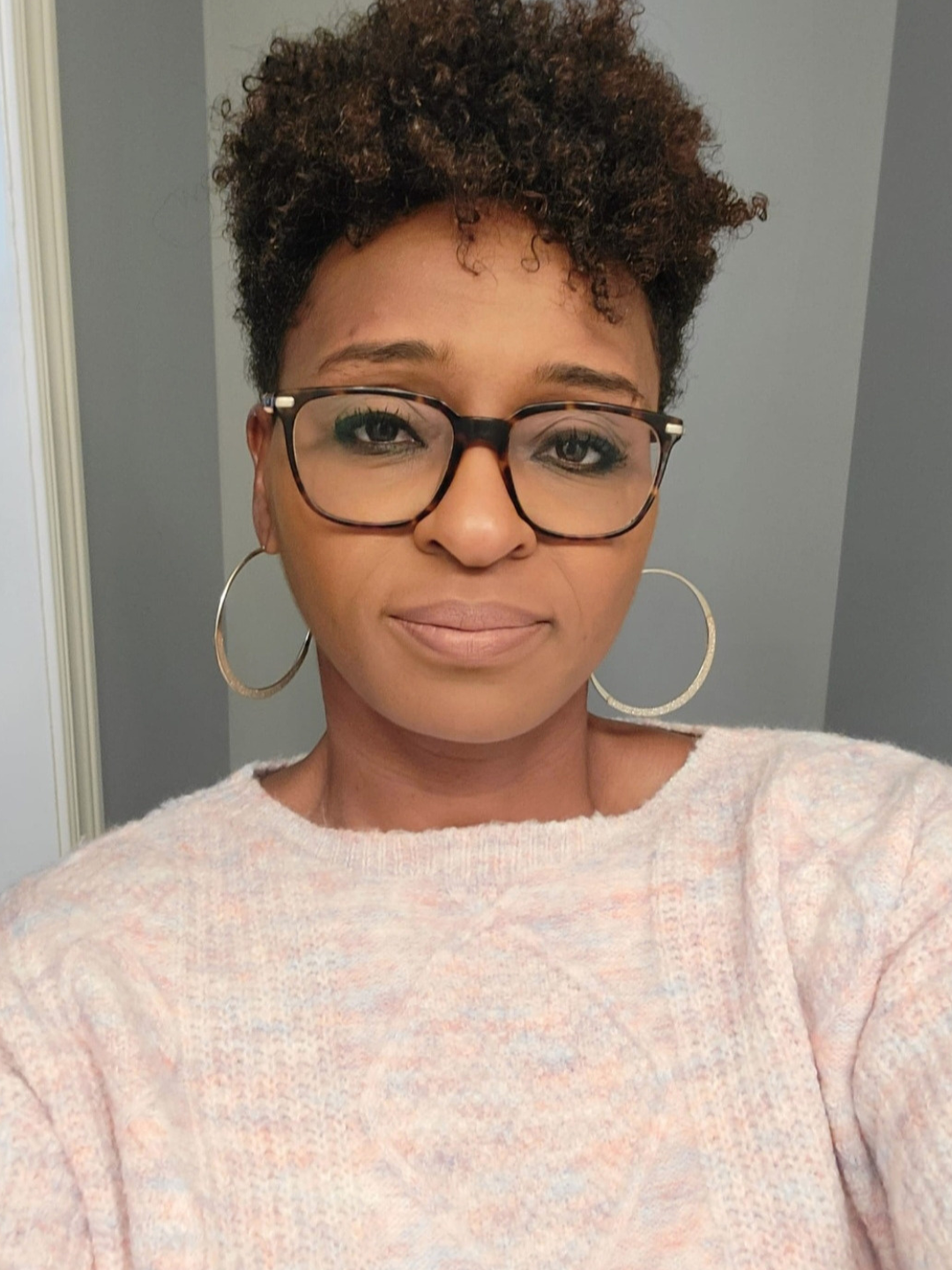I have a Master's in Legal Studies from Carleton University and a law degree from the University of Ottawa. My Master's project related to Intimate Partner Violence (IPV) in Black communities and the impact of mandatory arrest/charging policies. As a result, I learned that mandatory arrests policies are far more detrimental to Black women experiencing IPV and their abusers due to systemic racism and discrimination embedded in the criminal law system (CLS). I am a criminal lawyer and have witnessed first hand the impact of mandatory arrest/charging policies as they unfold in the lives of marginalized people. As such, I wanted to conduct a more in depth study relating to the CLS that stems beyond mandatory arrest and charging policies. I further wanted to get an understanding of what justice would look like for Black women who are survivors of IPV and empower them to speak on an issue that often footnotes or excludes their experiences. As a result, this project was conceived.
Research
While this project has a multipurpose agenda, it has two specific aims. First, it aims to provide another window into the insidious world of Intimate Partner Violence (IPV). However, this will be accomplished from the perspectives of Black women survivors by challenging the dominant discourse’s tendency to “whiten” IPV experiences by focusing on the stories and experiences of white women to the exclusion and expense of racialized women. The project strives to examine Black women survivors’ decision-making processes when determining whether or not to involve the police in their IPV situations. Precisely, it intends to explore the following questions: When we illuminate the voices of heterosexual Black women survivors of Intimate Partner Violence (IPV) who are or were in relationships with Black men who inflict(ed) such violence, what do we learn about their experiences and their encounters with the Criminal Law System (CLS) as IPV survivors? Further, do alternative justice models emerge when their voices are at the centre of the conversation? To tackle these questions, this project will rely on, among other theories, Black Feminist Thought and Critical Race Feminism (CRF). Both theories are employed to make Black women visible and provide a platform to speak their truths regarding their experiences as IPV survivors with the intention of enabling empowerment and effecting social change. The theories provide a framework to criticize the current state of the law in general and regarding IPV, its treatment of Black women, and society’s inability or failure to address the multiplicity of Black women’s identities. These identities are integral to their positioning and treatment in society, and most important to this project, how they respond to their IPV situations. Precisely, both theories engage with intersectionality which speaks to the intersecting, inseparable oppressions that occur in the lives of Black women. The simplest example of this truth is that Black women are both Black and women. These aspects of their identity cannot be separated. Therefore, in order to properly analyze the circumstances of Black women, racism, sexism, classism, and any other form of oppression they face must be analyzed as they work simultaneously in the subordination of many Black women and impacts how they respond to IPV. Second, by attempting to gain knowledge on this issue, the project stands as a counter-narrative, challenging colonial ways of doing research that have taught us to dismiss and ignore means of knowledge production that do not fit neatly within dominant research methods. Effectively, the totality of the project forces the learner (researcher) and the reader to think outside the colonial box. To enable this challenge, the project will be infused with spoken word poetry to commence and/or conclude various sections and throughout the analysis where it is deemed necessary. The importance of this infusion cannot be overstated. Black people use artistic expressions, including songs and poetry, to address the social traumas we have endured as a people throughout our histories. Poetry has been used to protect and guide Black people during slavery and beyond and to educate us about our history and current situations; therefore, it is only fitting that it is used as a form of expression in this project. Likewise, storytelling will also be used to present the information provided by the participants - another method of expression used in Black communities.
